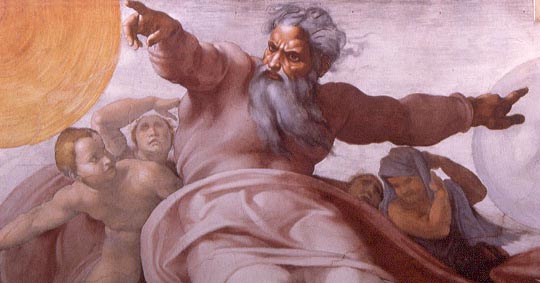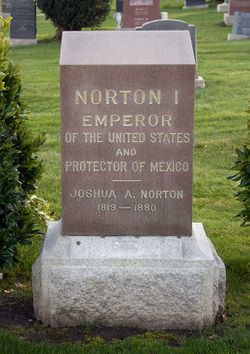(In my Public Shrieking course, there is a lot of presentation before the class. Most of them are short-notice practice speeches, but a few of them are researched and prepared ahead of time. The following is a speech I did recently for the section on Tribute Speeches.)
Years ago, an old man faced a small gang on the nighttime streets of San Francisco. Caught in such a position, an angry man might have fought. A scared man might have tried to flee. A normal man might have begged for his life.
But the man they had chosen to attack that night was none of these. Instead, with great, kingly dignity, he knelt down where he was, placed his hands together . . . and began to pray.
The street rats paused, looked at each other in confusion. And, ashamed, they left. Maybe his prayer reminded them of the values of their childhood, or maybe it confused them just enough that they remembered whatever tattered shreds of conscience they could still claim as their own.
But maybe, just maybe, they recognized him, and realized just who they had accosted. Because the man they left in the street praying for their souls was Norton I, Emperor of the United States and Protector of Mexico. And they were all his subjects.
Our Emperor was born Joshua Norton. He spent years building his credit, his resources, and his options, until finally in 1855 his career culminated in a $250,000 speculation that should have allowed him to corner the rice market. But the rice market unexpectedly flooded, driving the price down to almost nothing. Joshua Norton had lost everything. Once a commander in shipping, now he was cast adrift, penniless and homeless, in a world of sharks and lampreys.
A normal man in such circumstances might have become a monster, taking his rage out on everyone around him, including himself. A normal man in such circumstances might have become depressed, taking up drinking, drugs, and eventual suicide. But Norton was no normal man. Rather than become either sullen or wrathful, Norton became a king.
Was he mad? Sanity is a chameleon, always changing to match whatever culture surrounds it. Everyone who spoke with him, from city officials to Mark Twain, agreed Norton was intelligent and rational – save that he claimed to be Emperor. So before you answer, consider the reign of Norton I.
He sent the proclamation of his coronation to the San Francisco Bulletin . . . and they printed it. He wrote a variety of proclamations to the San Francisco papers, point of fact. And they printed them all. One called for "a suspension bridge to be built from Oakland Point to Goat Island, and thence to Telegraph Hill." Today there is a plaque on the San Francisco Bay Bridge commemorating Emperor Norton's part in its construction.
He wrote his own currency, and banks accepted it as tender. Norton I made money for rent and food by selling his Imperial promissory notes to tourists, and to this day an Imperial note is a valued museum piece.
Norton I lived his life with dignity befitting his royal office. He never caroused, and treated women always with respect and chivalry. He strove in all ways to live his life as an example for his subjects to follow.
Norton understood that the Crown served the People. He walked his streets every day, seeing that his police did their duty, that his city was maintained, that his government was free from graft. When his old finery became too tattered to suit a king, the city set aside funds for attire befitting a monarch. When his Police Department marched in the parades, he led them.
His proclamations included cessation of war, women’s suffrage, and dissolution of Congress for corruption. And what if he had no executive power? The British monarchy hadn’t had that for centuries. The people respected Norton, because he respected them, and he always acknowledged their bows, curtsies, nods, and waves. When he attended plays and operas it was at no charge: he was an honoured guest. And when a member of high society would introduce him to the audience as a personal friend, he stood to thunderous applause, and accepted it with a Caesar’s good grace.
The question of the Emperor’s sanity finally became a legal matter when a young police officer arrested him for lunacy. The judge chastised the officer in his ruling, saying:
“Norton has shed no blood, robbed no one, and despoiled no country, which is more than can be said for most fellows in the king line.”
Norton walked out a free man, legally sane, to the adulation of his beloved people.
Norton I died January 8, 1880, after 21 years of rule. Mourners gathered from across the country, and as many as 30,000 people gathered at his funeral parade. Norton did not merely live his dream. He became his dream. And then he shared his dream with the world.
And to this day, if you want to make the pilgrimage as so many have before, you can go to Woodlawn Memorial Park, and see the grave where the old king is buried. And you can read the inscription, lovingly carved into his tall, black monument:
NORTON I
EMPEROR
OF THE UNITED STATES AND
PROTECTOR OF MEXICO
JOSHUA A. NORTON
1819-1880
Dedicated in memoriam to His Imperial Majesty.




